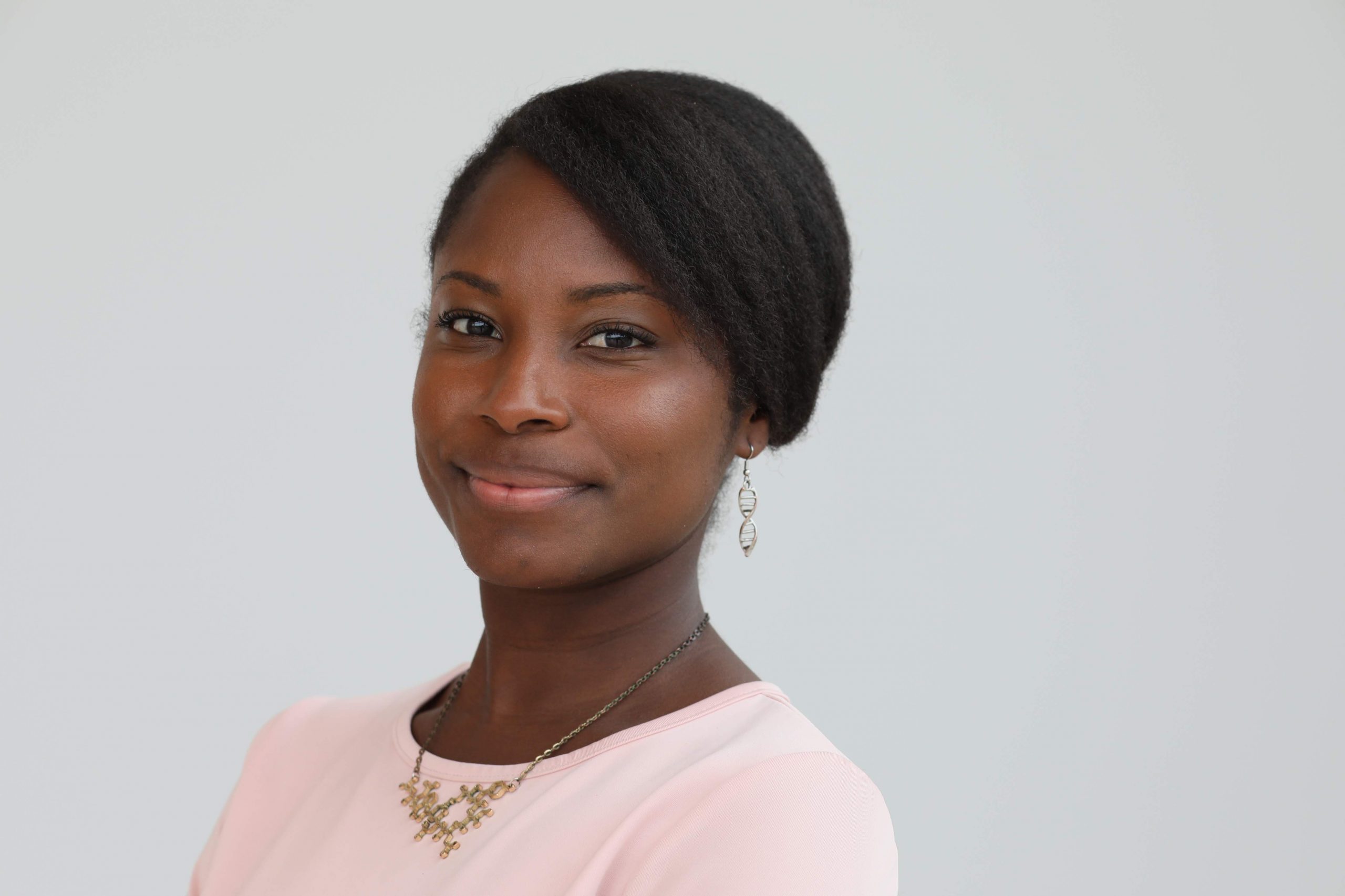Prior to teaching at PEA, Ms. Peterson taught biology and core science for two years at the Hotchkiss School where she was a member of the Hotchkiss Gospel Choir and headed the Black and Hispanic Student Alliance (BaHSA). Prior to teaching, she was a research scientist and teaching fellow at Cornell University, studying infertility in a mouse model. A Brooklyn raised Jamaica native, she enjoys cooking, gardening, and reading in her spare time. She has a redbubble account through which she uses art to educate about biology and social justice.
What do you define to be the concept of racial equity?
For me, I’ve sort of moved beyond the ask for racial equity and am now actively pushing for racial justice. Though the former leads to the latter, I think it has become clear that the systems in place need a massive shift before we can pat ourselves on the back about any real change occurring. For example, a racially equitable system in education would offer more disadvantaged students the programming and resources they need to get into “elite” schools. The justice I am referring to would identify what this elitism is, who defines it, and why we give so much power to only this singular view of education.
What are some structures in science education that are inequitable? Equitable? Why is this so?
The entire field of science is fraught with inequity. It’s not so much a matter of the factual knowledge but the dubious ways by which this knowledge has been attained. As it stands, the curriculum does not leave room to also discuss this history, and it is still hotly debated amongst science educators whether or not the scientific history is even worthwhile to teach. However, I think that there are lessons missed if we erase the methodology by which a lot of this knowledge was attained. The field of science and technology is wholly self-serving and can quickly turn into a sort of panacea for all of the World’s problems; which is just not true. This is why some teachers enfold the story of Henrietta Lacks into a cancer lesson or why I always speak on the racial disparities in maternal/fetal death rates in America. The history reveals the inequity and humbles the learner so as not to fall into the trap of science being the answer to all the questions.
Further resources:
Interview with Alma Mater Marist.

